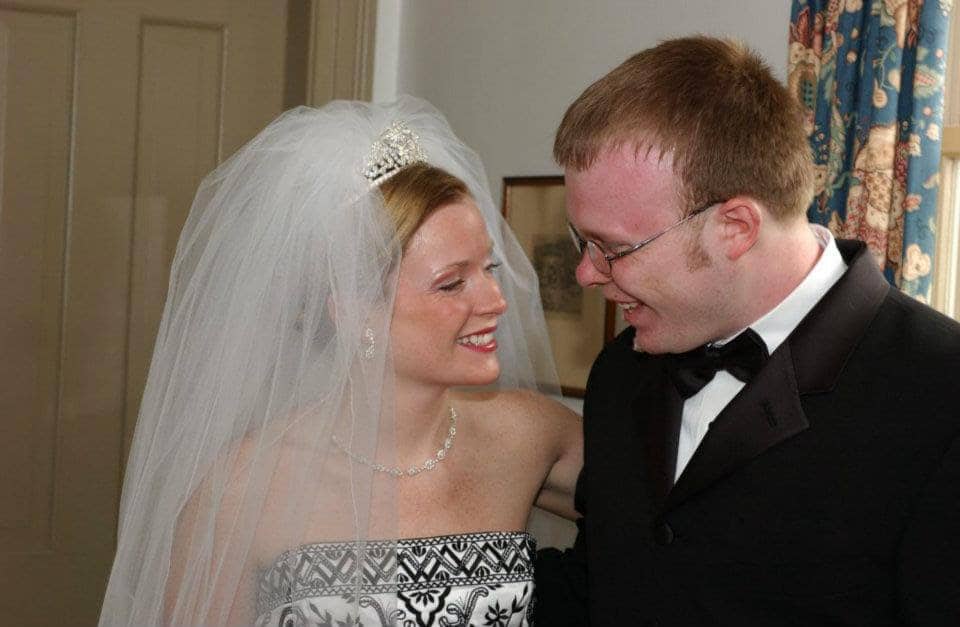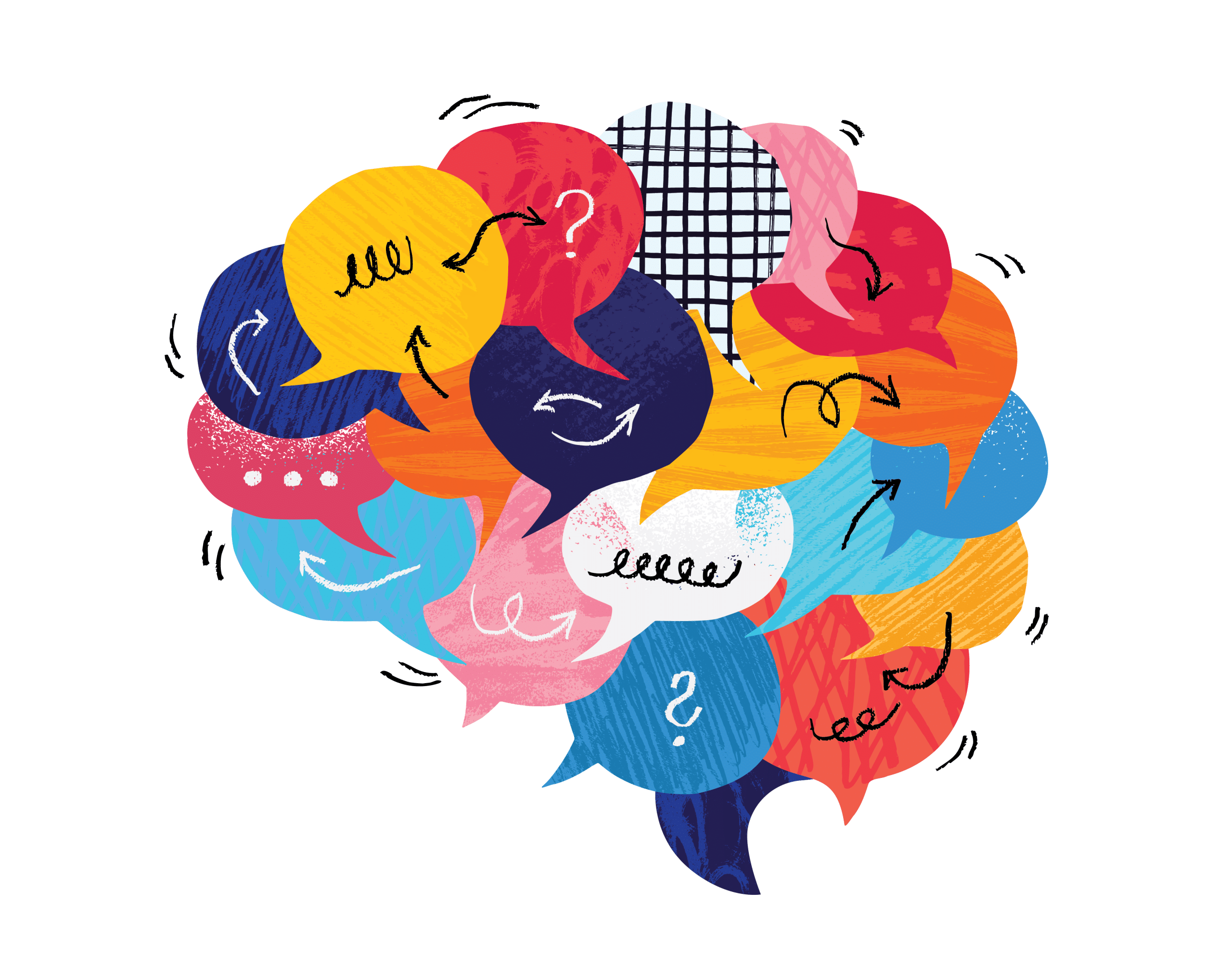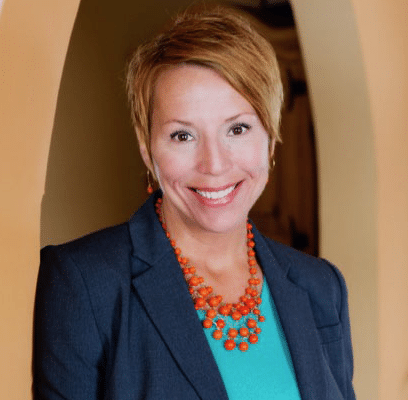Some stories stop you in your tracks. They force you to confront the deepest questions about loss, love, and what it means to honor those we’ve lost. The story of Stacey Wales is one of those stories, a breathtaking testament to how grief can transform into something revolutionary.
Picture this: You’re sitting in a courtroom, watching your brother’s killer face sentencing. For two years, you’ve carried a burning list of everything you wanted to say, every emotion you’ve suppressed to ensure justice runs its course. But when the moment finally arrives, when it’s time to write that victim impact statement, the words won’t come. How do you capture a lifetime of love, the devastation of sudden loss, the voice of someone who can no longer speak for themselves?
Most of us would struggle with pen and paper, maybe stumble through our prepared remarks. Stacey Wales chose a different path entirely.
Christopher Pelkey was 37 when a road rage incident at a red light in Chandler stole his life in November 2021. A military veteran, the youngest of three siblings, a man whose voice was forever silenced by a split-second act of violence. His sister Stacey found herself facing an impossible task: How do you let your murdered brother have the last word?
Her answer made legal history.
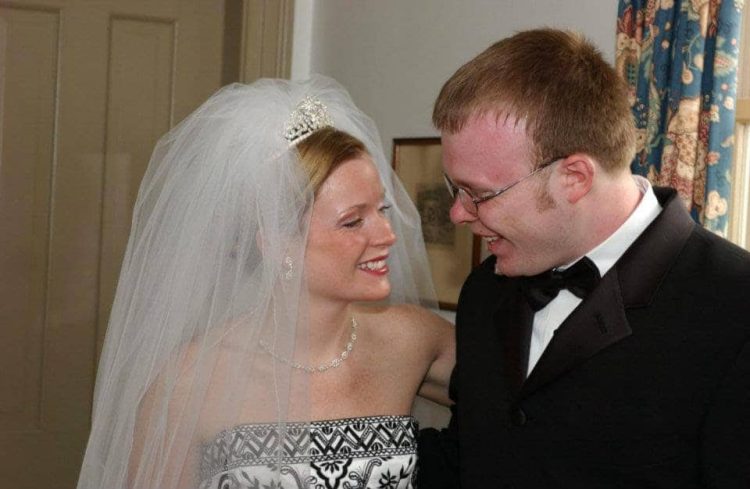
Using artificial intelligence, Stacey recreated Chris, his voice, his likeness, his spirit, to deliver his own impact statement to the courtroom. The technology wasn’t perfect; they had to digitally remove sunglasses and shave his beard from the only usable photo. But when that AI-generated Chris appeared on screen, something magical happened.
“Hello. Just to be clear for everyone seeing this, I’m a version of Christopher Pelkey recreated through AI,” the digital Christoper began. What followed wasn’t vengeance or anger, but something far more powerful: forgiveness. Speaking directly to his killer, he said, “It is a shame we encountered each other that day in those circumstances. In another life, we probably could have been friends.”
The courtroom was transfixed. Judge Todd Lang responded with genuine emotion: “I loved that AI. Thank you for that.” Even the defense attorney, despite concerns about legal precedent, couldn’t deny the profound impact of hearing from the victim himself.
But here’s what strikes me most about this story: Stacey’s motivation wasn’t revenge or legal strategy. It was love in its purest form. She wanted her brother’s voice, his actual voice, his forgiving spirit, his “I’m going fishing” sign-off, to echo through that courtroom one last time. The digital Chris embodied everything she knew about her brother’s character, even when it contradicted her own desire for maximum punishment.
The healing that followed was unexpected. Stacey’s teenage son heard his uncle’s voice again. The family found a new way to process their grief. Stacey even recorded her own voice afterward, just in case her family might someday need it. The technology that began as a tool for justice became a bridge between life and death, between overwhelming grief and unexpected peace.
This case represents more than legal innovation; it’s a glimpse into how technology might help us heal in ways we never imagined. While experts warn about potential misuse and emotional manipulation, Stacey’s story shows us AI technology’s profound potential for good when guided by love rather than malice.
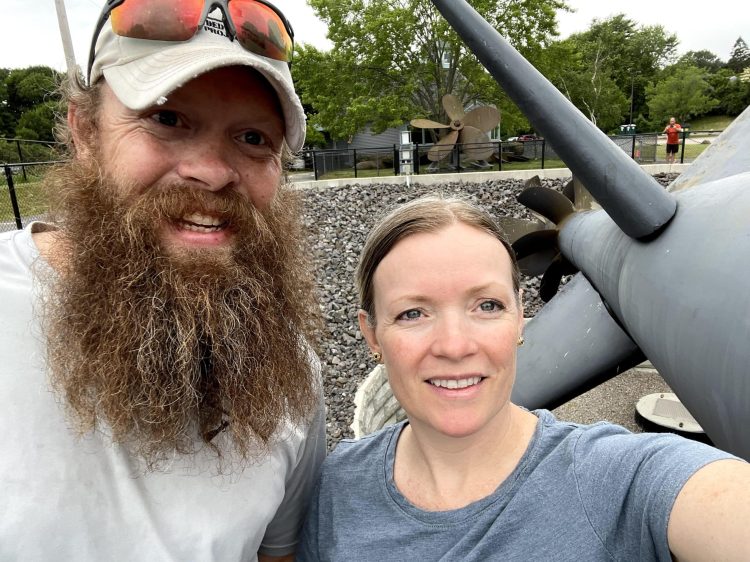
We’re witnessing the birth of a new form of digital legacy, where our voices and memories can transcend physical death. It raises profound questions: How will we choose to use these tools? Will we weaponize them or heal with them? Will we honor the dead or exploit their memory?
Stacey Wales chose healing. She chose to let love have the final word. Why? Because that’s what she thought Chris would do.
I recently had the honor to interview Stacey on a webinar I hosted for my 72SOLD agents across the country. While her resilience and innovation were inspiring, it was also heartbreaking to be reminded that her brother’s life was lost so suddenly and needlessly.
Her story reminds us that behind every tragedy is a family forever changed, and sometimes those families find extraordinary ways to transform their pain into something that moves us all toward healing.
If you’d like to watch my interview with Stacey and see the digital Chris’s comments to the courtroom, I posted it at 72webinar.com.
Be warned. It’s inspiring but heartbreaking, uplifting but sad.

